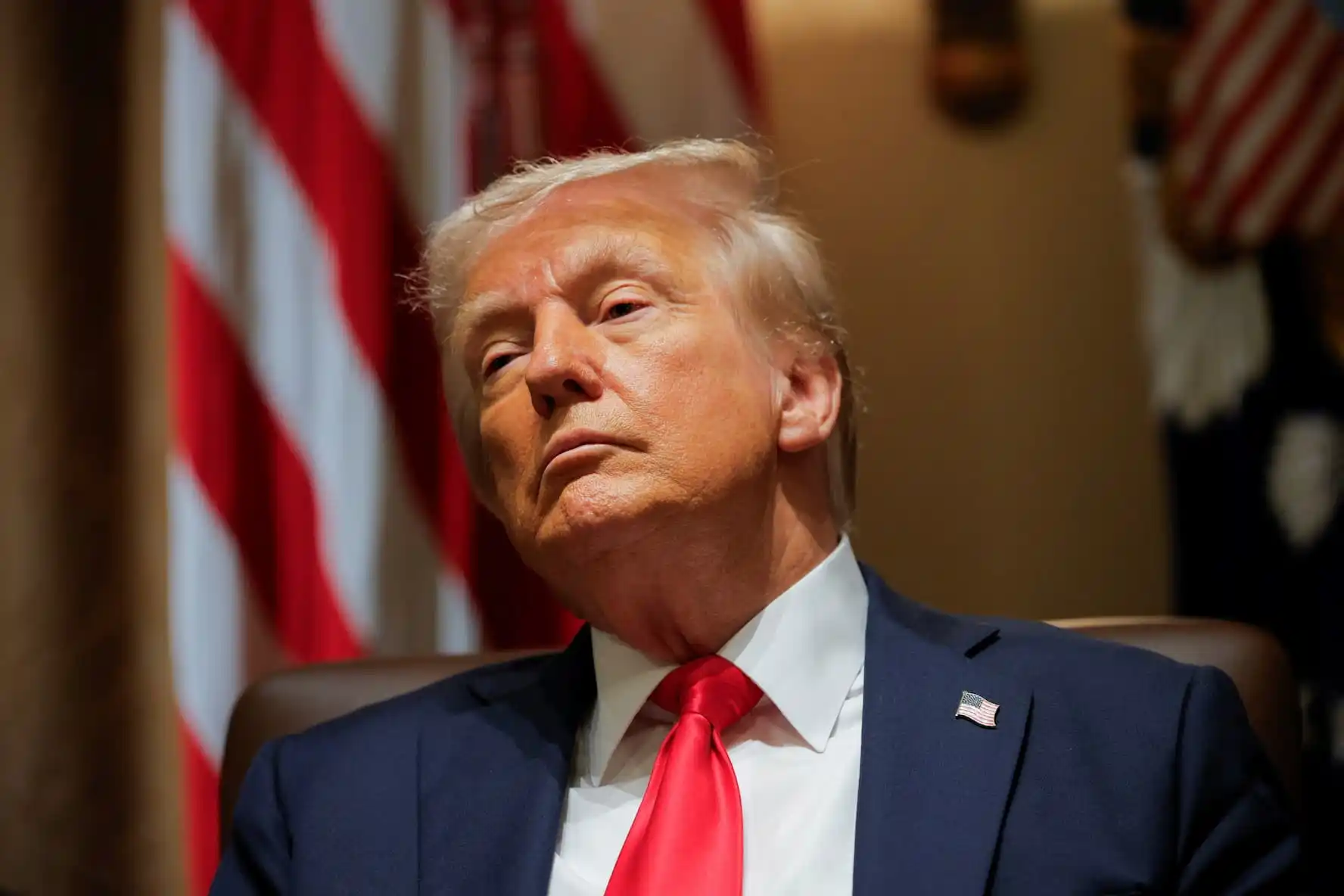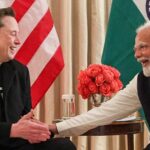President Donald Trump has paused higher tariffs for most countries after his sweeping new trade measures shook global markets. While easing pressure on several U.S. trading partners, Trump sharply escalated his trade dispute with China, increasing tariffs on Chinese goods to a massive 125%.
Support for Allies, Pressure on China
Speaking on his social media platform, Trump said a 90-day pause on higher tariffs would apply to countries that did not retaliate against U.S. levies. These nations, including members of the European Union, Vietnam, and South Africa, were initially facing tariffs ranging from 11% to over 100%. They will now only face a universal “reciprocal tariff” of 10% while talks continue.
But Trump made it clear that China will face steeper penalties for what he described as a “lack of respect,” saying, “If you retaliate, we’re going to double it — and that’s what I did with China.”
China Hits Back
In response to the latest U.S. move, China raised tariffs on American goods to 84%, escalating the standoff between the world’s two largest economies. Beijing called the U.S. actions “bullying” and said it would “fight to the end” if provoked further.
Market Reaction
The announcement of the pause brought some relief to financial markets. After days of losses, U.S. stocks rebounded strongly, with the S&P 500 jumping 9.5% and the Dow Jones gaining 7.8%. Earlier in the day, however, the U.S. government saw borrowing costs spike to 4.5%, the highest since February, as investors reacted to trade uncertainty.
UK and WTO Weigh In
The UK, which was already subject to the 10% base tariff, remained unaffected by the latest changes. A spokesperson from Downing Street stated that a trade war “is in nobody’s interests,” while WTO Director-General Dr. Ngozi Okonjo-Iweala warned that escalating tariffs could shrink U.S.-China trade by up to 80%, amounting to a $466 billion drop, reports the BBC.






